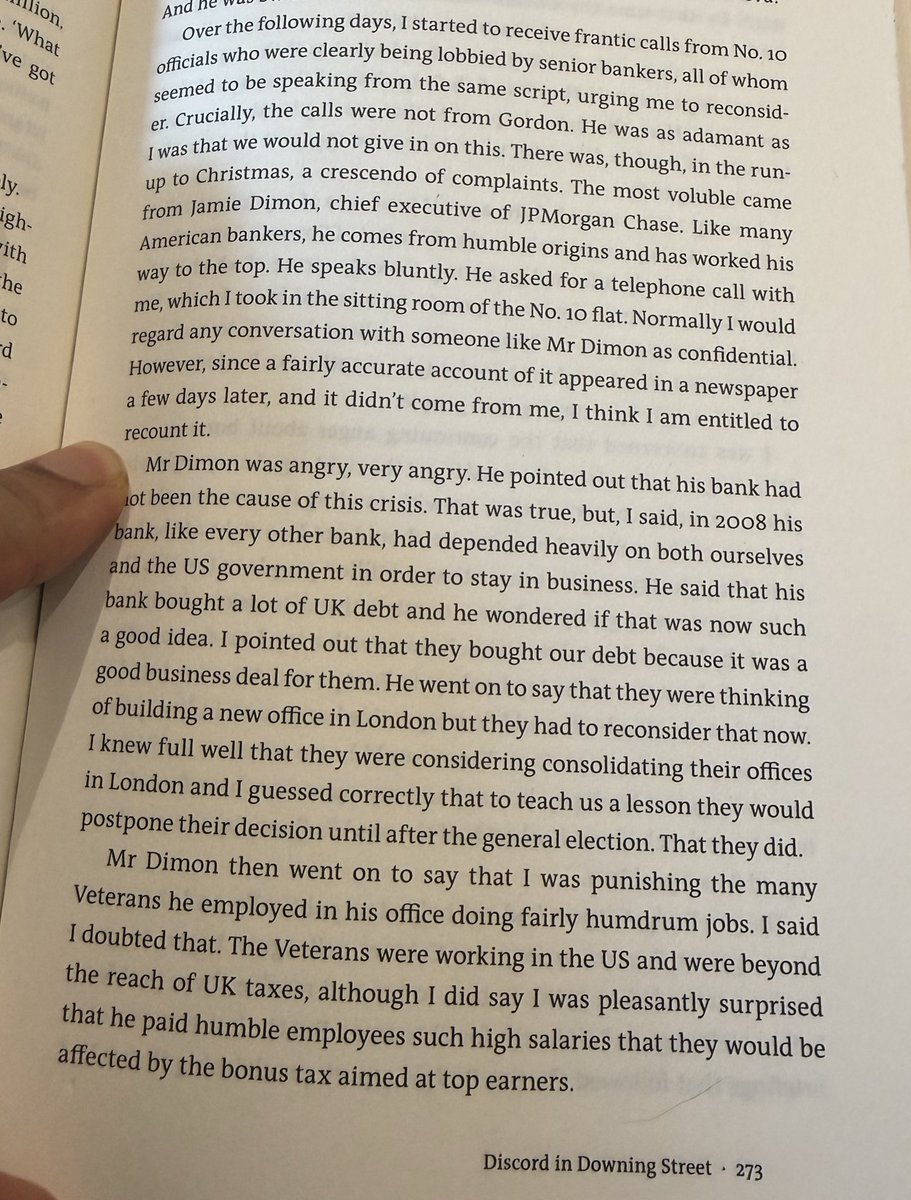NEW:
Official Government figures released this morning show Foreign Direct Investment into the UK in the year to March, at its lowest level (in terms of annual projects and jobs created) in a decade, at 1,538 projects, down 17% in past year, and down 32% since 2016-17 peak.
Official Government figures released this morning show Foreign Direct Investment into the UK in the year to March, at its lowest level (in terms of annual projects and jobs created) in a decade, at 1,538 projects, down 17% in past year, and down 32% since 2016-17 peak.

The context here was that in the calendar year 2020, for example, UNCTAD reported a 42% fall in global FDI by value - ie a clear pandemic effect - though on this measure (there are many different measures) UK went down to zero, alongside Italy unctad.org/system/files/o… 

Past year’s figures show across the board hit to new investments (-23%), expansions (-5%) and M&A (-11%)
But there is also a clear trend since 2016 on the first two on these official numbers...
But there is also a clear trend since 2016 on the first two on these official numbers...

* That UNCTAD graph above was updated yesterday, and has the UK’s FDI inflow by value last year down 55% from $45bn to $20bn... France down 47%, Germany down 34% , Italy down 100% effectively...
As you can see the figures by value can be affected by a few v large deals:
As you can see the figures by value can be affected by a few v large deals:

Other measures of FDI projects eg EY below, combined with surveys say UK should be well positioned for a global post pandemic bounce back in FDI, but also show how the French overtook the UK on projects in 2018:
ey.com/en_uk/attracti…
ey.com/en_uk/attracti…

Full annual FDI analysis from Government, including interesting breakdowns by sector and region/nation are below and in open document spreadsheet...
assets.publishing.service.gov.uk/government/upl…
gov.uk/government/sta…
assets.publishing.service.gov.uk/government/upl…
gov.uk/government/sta…
Would expect this to turn around quite considerably, in next year’s figures, as normality returns, catch up effect, impact of Sunak superdeduction perhaps, but worth comparing to peak in 2016 and well as pre pandemic.
DIT says minister Grimstone has started Office for Investment making investment work much more strategic, and to help deliver more investable projects. Truss launched four regional ‘trade and investment hubs’ in Darlington, Northern Ireland, Wales & Sco. Jobs show “resilience” 

• • •
Missing some Tweet in this thread? You can try to
force a refresh















